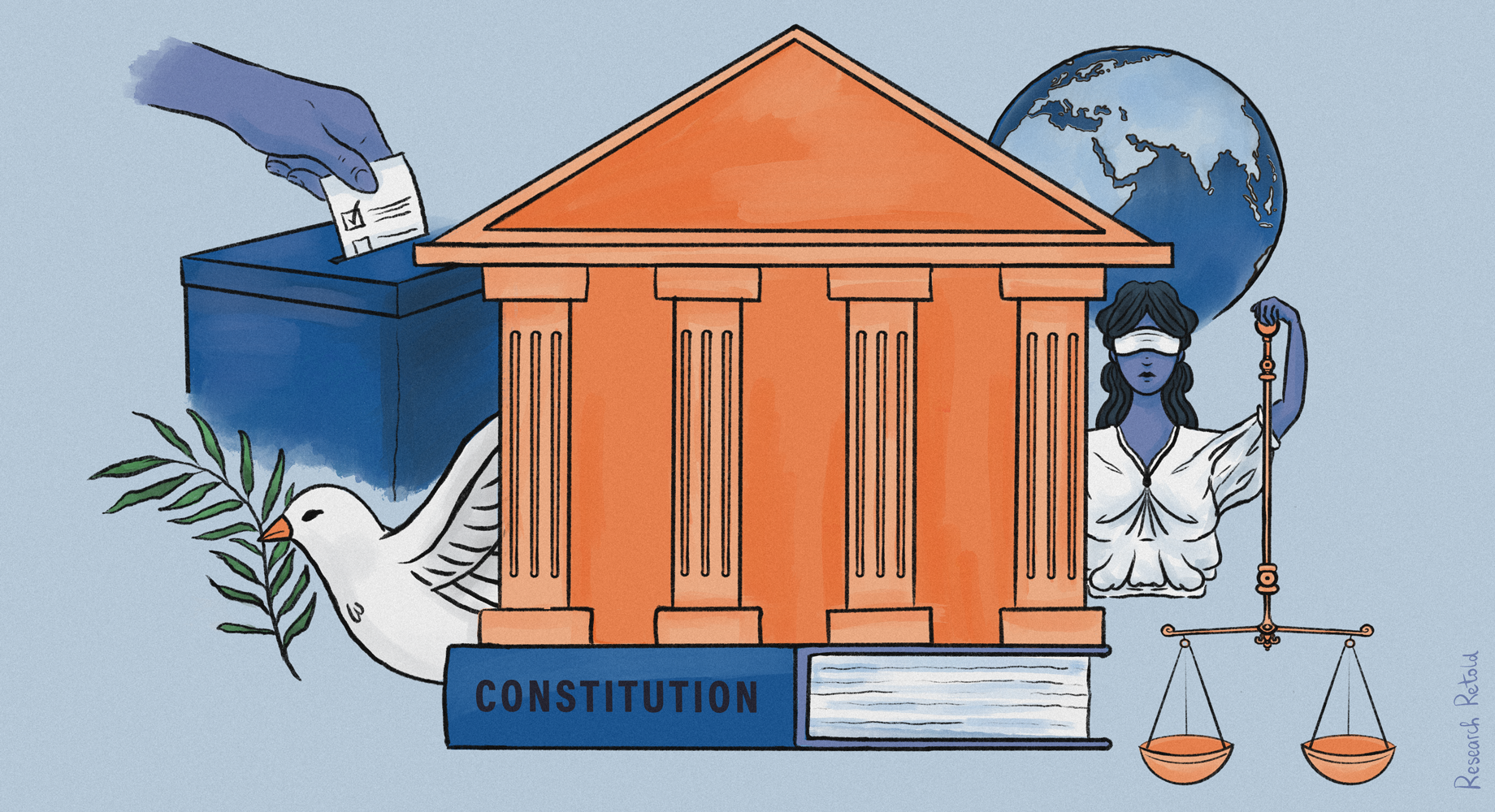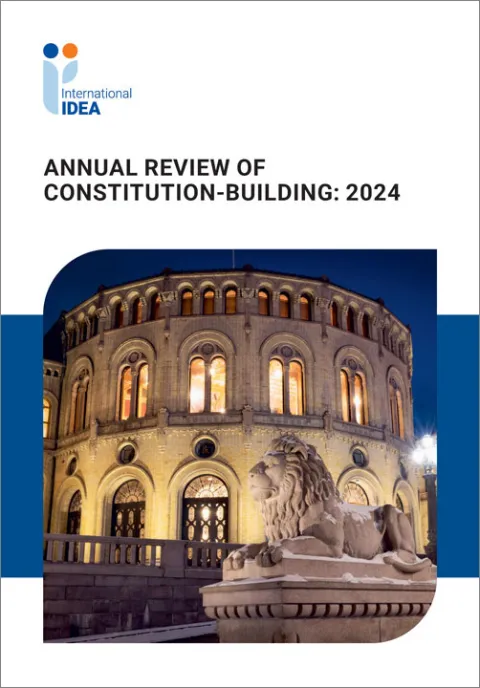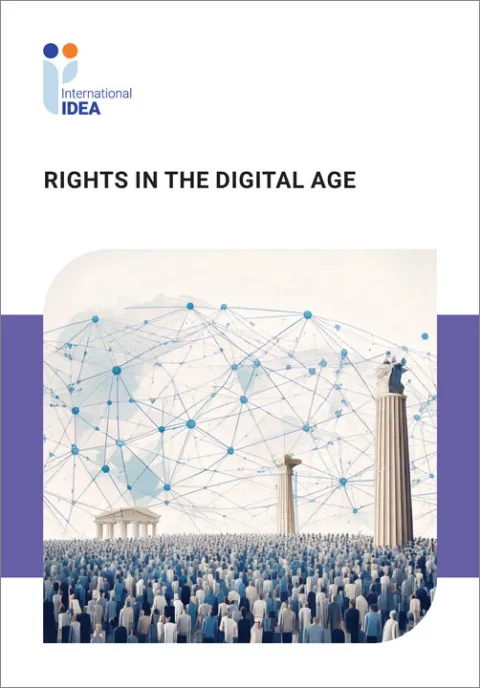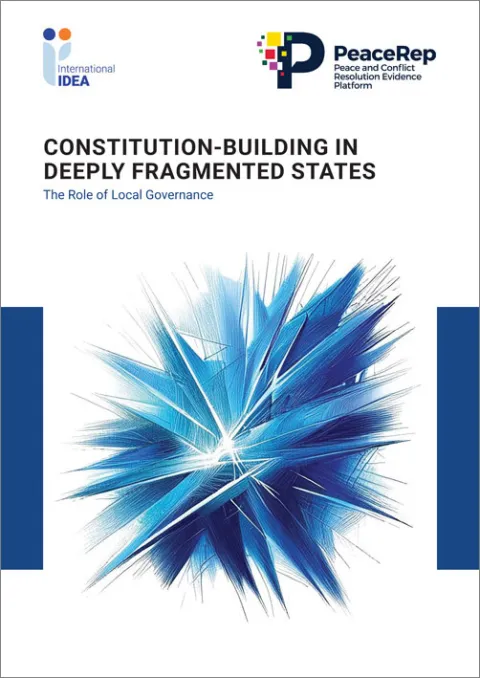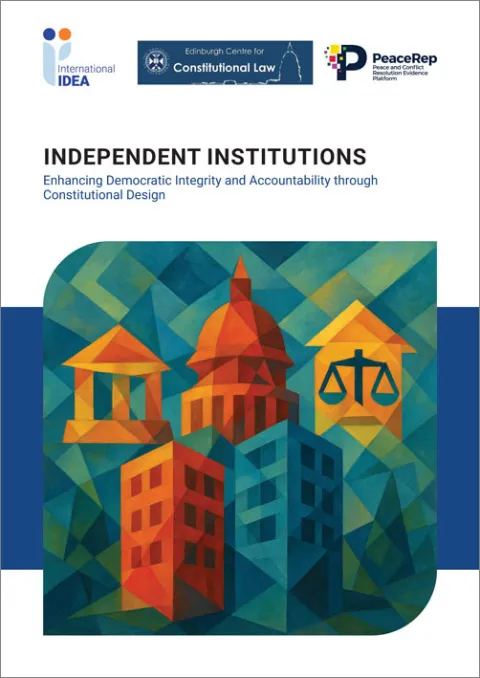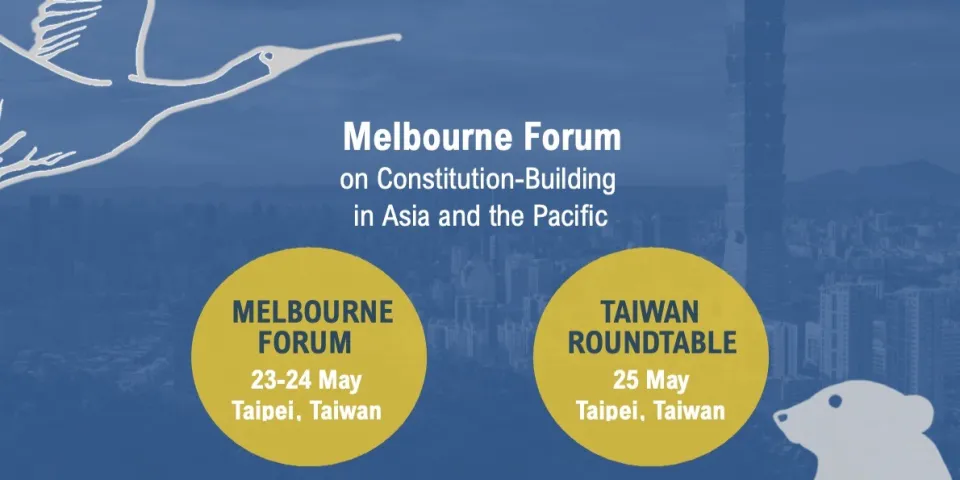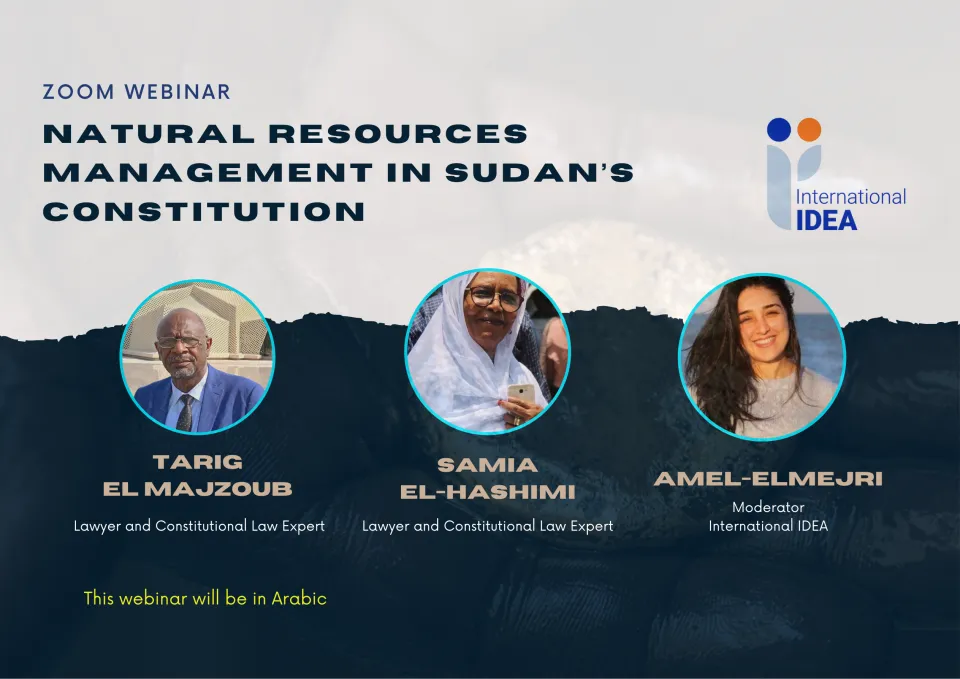Oil and Natural Gas: Constitutional Frameworks for the Middle East and North Africa
Countries rich in oil and gas often derive great wealth from these resources. Yet such countries are also often host to chronic economic problems, regional infighting and democratic deficits—factors which lead to high levels of corruption and lack of government accountability in the oil and gas industry.
When neither constitutional nor effective legal rules govern the extraction of oil and gas, the regulation of the industry or the system for disbursing revenues, these problems worsen. One way to reduce the risks is to craft constitutional provisions designed to enhance accountability, minimize disputes and clarify roles and responsibilities.
With an eye to the Middle East and North Africa region, this report uses comparative examples from around the globe to address possible design options for the regulation in constitutions of oil and gas resources. It examines how a constitution can contribute to increased transparency and efficiency in the oil and gas sector in the region, and how to ensure that revenues derived from the sale of natural resources are distributed fairly within a country.
Details
Contents
About this Report
Acknowledgements
Preface
Executive summary
Analysis of Specific Issues
1. Introduction
2. Ownership
3. Management
4. National Oil Companies
5. Revenue
Appendix. Existing Oil and Gas Regimes in the MENA Region
Bibliography
References
Endnotes
Give us feedback
Do you have a question or feedback about this publication? Leave us your feedback, and we’ll get back to you
Send feedbackOil and Natural Gas: Constitutional Frameworks for the Middle East and North Africa
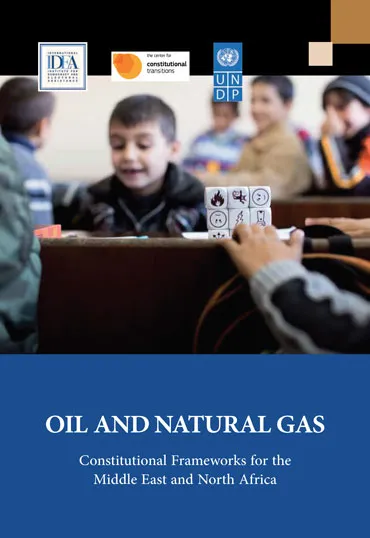
| Total views | 5815 |
|---|---|
| Downloads | 41 |
| Rating |
Give us feedback
Do you have a question or feedback about this publication? Leave us your feedback, and we’ll get back to you
Send feedback